Difficult Conversations
When a child has experienced sexual abuse, parents often face incredibly challenging questions: What should I say? How do I respond without making things worse?
Held over 2 consecutive weeks these sessions are designed to help parents and carers prepare for the emotionally complex conversations that can follow a disclosure of child sexual abuse. These discussions are never easy — but with the right tools, they can become opportunities to strengthen trust, rebuild safety, and support healing.
What This Workshop Covers
Explore why conversations about child sexual abuse can feel overwhelming for parents, including emotional triggers, fear of saying the wrong thing, or uncertainty about what their child needs.
How to start and respond to a difficult conversation with simple, supportive strategies for gently opening up a conversation. Emphasises listening, pacing, and emotional safety.
Understanding the difference between open and closed questions, why they are important and how and when to use each in supportive ways.These sessions do not expect you to be perfect. Instead, it offers a safe, non-judgemental space to explore how you can show up — with compassion, care, and courage — for your child, and for yourself.
How to respond to difficult questions in a calm and honest way, even when you don’t have all the answers.
Guidance on how to handle new or unexpected information shared by a child, including how to stay supportive, safe, and appropriately responsive without leading or pressuring.
Develop ways to help children understand about sharing sensitive information with others. Developing understanding on who needs to know what, how to talk about their child’s experiences while protecting their privacy, and when and how to involve professionals (e.g. school, social care).
These sessions do not expect you to be perfect. Instead, it offers a safe, non-judgemental space to explore how you can show up — with compassion, care, and courage — for your child, and for yourself.
